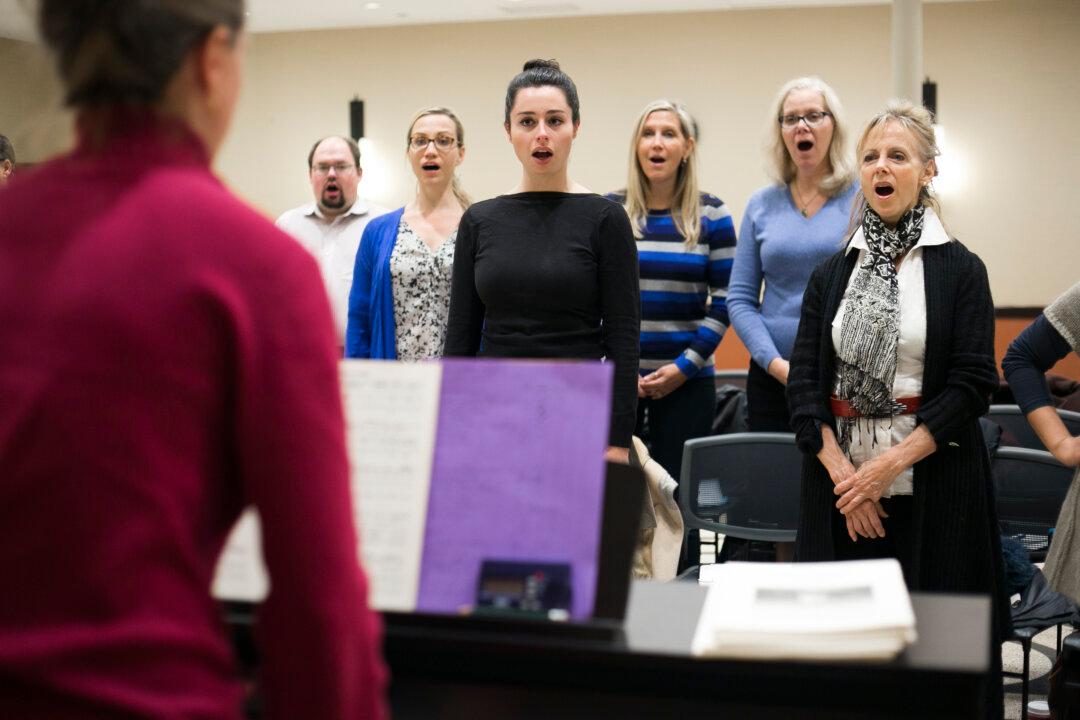For ages we’ve assumed that early musical training in childhood is needed to have perfect pitch and that it’s just not possible for adults to acquire the skill. But new research proves that, with a little training, adults can learn how and that the effect can last for months.
Absolute pitch, commonly known as “perfect pitch,” is the ability to identify a note by hearing it. It’s remarkably rare with less than 1 in 10,000 people having it—and has always been a desired ability among musicians—especially since several famous composers, including Mozart, reportedly had it.
Researchers tested how much an individual’s general auditory working memory capacity can predict the success of acquiring absolute pitch.
Published in the journal Cognition, the study follows up earlier research that showed people with absolute pitch can be “retuned” in about 45 minutes of listening, suggesting that absolute pitch is not so absolute, after all.
Teachable Skill
The findings also show that people without absolute pitch have the ability to learn notes quickly.
A 2013 study from Harvard University researchers reported that a drug commonly used to treat epilepsy could effectively reopen a critical period of learning ability, allowing a person to learn skills like absolute pitch. The current study does not use medications to train the brain to learn absolute pitch skills to a comparable degree.
“This is the first significant demonstration that the ability to identify notes by hearing them may well be something that individuals can be trained to do,” said Howard Nusbaum, professor of psychology at the University of Chicago. “It’s an ability that is teachable, and it appears to depend on a general cognitive ability of holding sounds in one’s mind.”
The study was conducted in two experiments. Seventeen college students participated in the first experiment. None had absolute pitch, and all had variable amounts of music experience.
The student participants listened to notes sampled from real musical instruments through studio headphones. They heard a brief note, which was then masked by white noise. The participants were then asked to try to recreate the originally heard target note. Another part of the experiment involved testing participants after they heard an isolated piano note, and then they were asked to identify it by its musical note name (for example, C or F-sharp).




